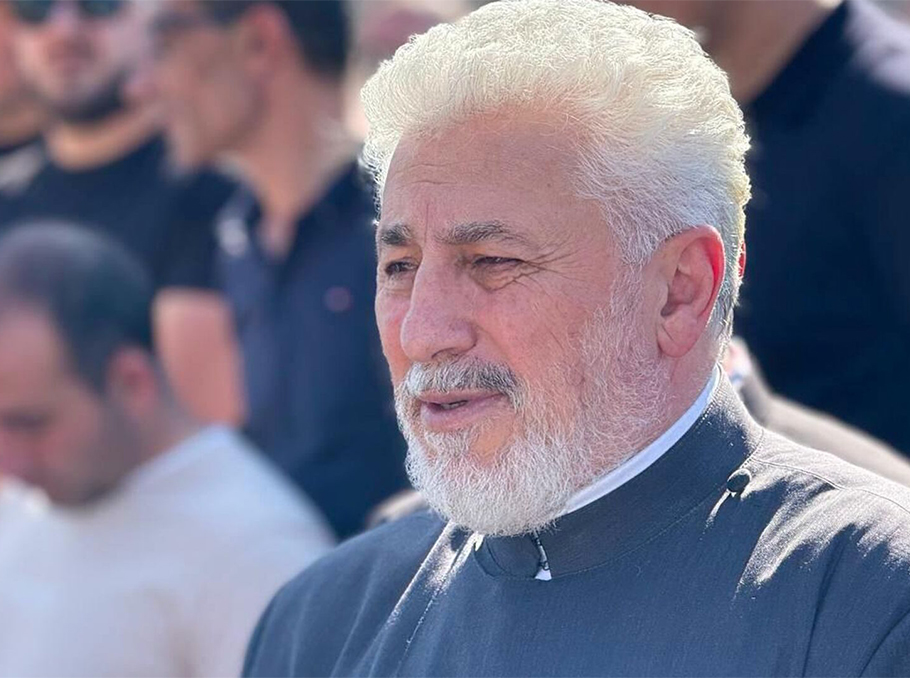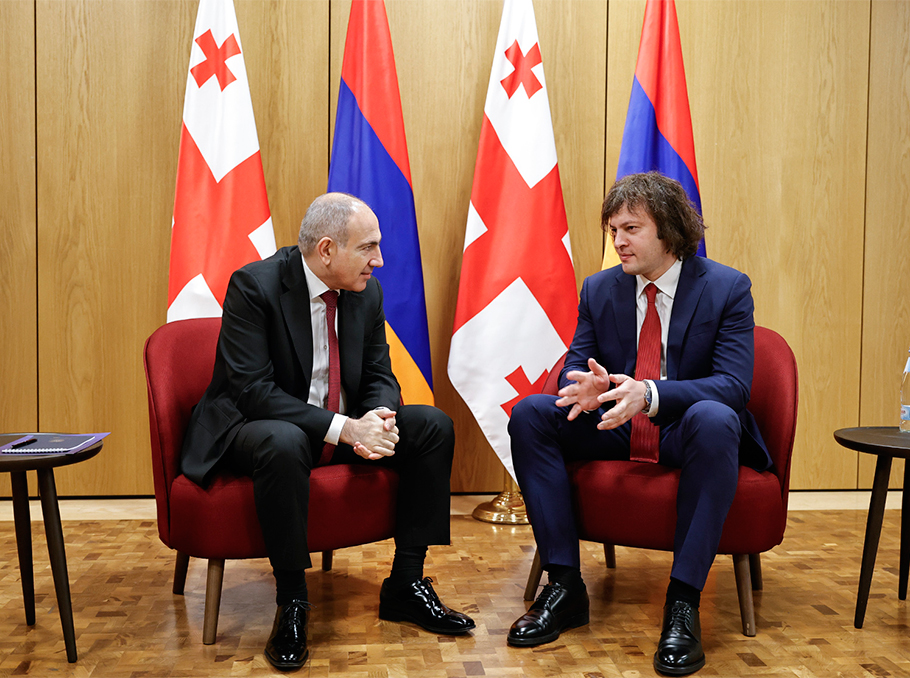Yerevan /Mediamax/. Armenian society and political circles continue discussing the Council of Europe Convention on Preventing and Combating Violence against Women and Domestic Violence (Istanbul Convention).
Armenia has signed the convention in 2018, and currently it is in the ratification stage.
Today the Council of Europe has issued a clarification about the Istanbul Convention to address the concerns and questions it has caused.
1. What are the aims of the Istanbul Convention?
Every provision of the convention is meant to prevent violence from occurring, to help victims, and to ensure that perpetrators are brought to justice.
By accepting the convention, governments are obliged to change their laws, introduce practical measures and allocate resources to adopt a zero-tolerance approach to violence against women and domestic violence.
Beyond legal obligations, the convention also gives an important political signal to society as a whole that violence against women and domestic violence are unacceptable.
2. Does the Istanbul Convention apply only to women?
The convention applies mostly to women because it covers forms of violence that only women experience because they are women (forced abortion, female genital mutilation), or that women experience much more often than men (sexual violence and rape, stalking, sexual harassment, domestic violence, forced marriage, forced sterilization).
The convention encourages its parties to apply its provisions to all victims of domestic violence, including men, children and the elderly.
States can choose whether or not to apply the convention to these victims of domestic violence.
3. Why does the Istanbul Convention contain a definition of “gender”?
The purpose of this term is not to replace the biological definition of “sex”, nor the terms “women” and “men”, but to emphasize how much inequalities, stereotypes and – consequently – violence do not originate from biological differences, but rather from a social construct, namely from attitudes and perceptions of how women and men are and should be in society.
4. How does the Istanbul Convention relate to issues of sexual orientation and gender identity?
The Istanbul Convention does not set new standards in relation to gender identity and sexual orientation, including in relation to the legal recognition of same-sex couples.
The Istanbul Convention prohibits discrimination on many grounds, including gender identity and sexual orientation. This is to ensure protection and support for all victims of violence, irrespective of any characteristics they might have.
Applying the provisions of the convention without any discrimination on the basis of gender identity would mean, for example, ensuring that the gender identity of transgender persons should not bar them from the support and protection guaranteed in relation to domestic violence, sexual assault, rape or forced marriage.
The same goes for women in same-sex relationships, so that all women, including lesbian, bisexual and transgender women have access to domestic violence shelters, for example, and the right to live a life free from violence. This may also include gay men who are confronted with domestic violence.
5. What is the speculation and misinformation about the Istanbul Convention?
There is no undertone or “hidden agenda” to the Istanbul Convention. It is the result of long negotiations, leading to its adoption by consensus by all Council of Europe member states.
It is based on tried and tested policies and legislation which have produced positive results at the level of the member states.
The Istanbul Convention is not pushing an agenda which would “jeopardize” the social fabric and values of societies.





















